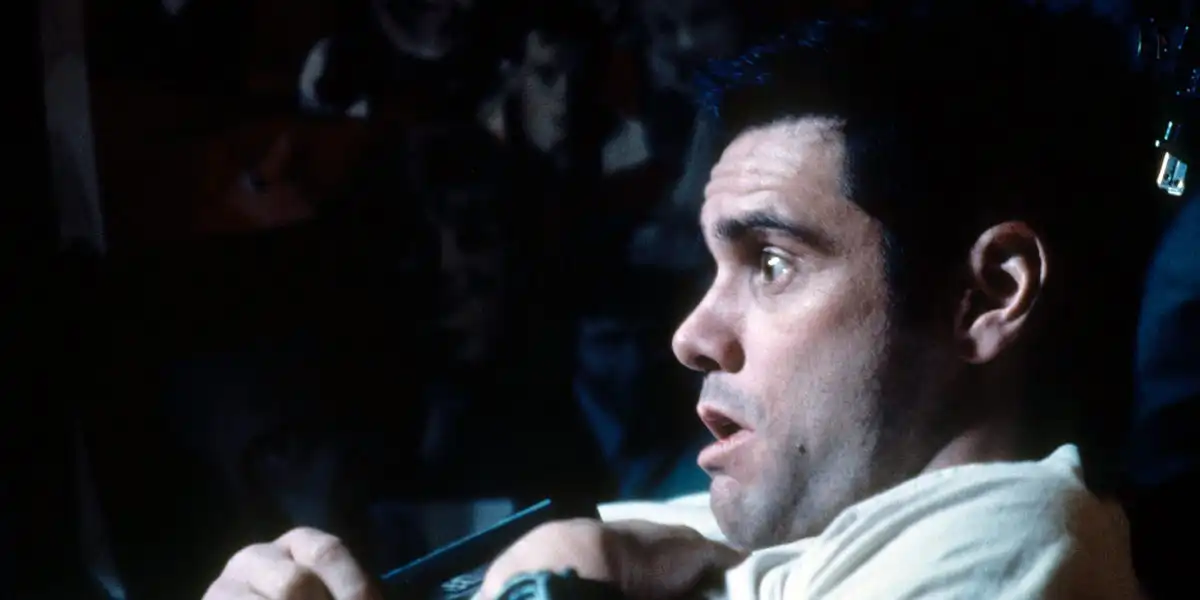Sooner or later, everything old is new again.
We may be at this point in tech, where supposedly revolutionary products are becoming eerily similar to the previous offerings they were supposed to beat.
Take video streaming. In search of better profitability, Netflix, Disney, and other providers have been raising prices. The various bundles are now as annoyingly confusing as cable, and cost basically the same. Somehow, we’re also paying to watch ads. How did that happen?
Amazon Prime Video costs $9 a month and there are no ads. Oh, except when Thursday Night Football is on. Then there are loads of ads. And Amazon is discussing an ad-supported version of the Prime Video service, according to The Wall Street Journal. That won’t be free, I can assure you.
Paramount+ with Showtime costs $12 a month and the live TV part has commercials and a few other shows include “brief promotional interruptions,” according to the company. Translation: ads.
Streaming was supposed to be better and cheaper. I’m not sure that’s the case anymore. This NFL season, like previous years, I will record games on OTA linear TV using a TiVo box from about 2014. I’ll watch hours of action every weekend for free and I’ll watch no ads. Streaming can’t match that.
You can still stream without ads, but the cost of this is getting so high, and the bundling is so complex, that it’s getting as bad as cable — the technology that streaming was supposed to radically improve upon.
The Financial Times recently reported that a basket of the top US streaming services will cost $87 this fall, compared with $73 a year ago. The average cable TV package costs $83 a month, it noted. A 3-mile Uber ride that cost $51.69
A similar shift is happening in ride-hailing. Uber has been on a quest to become profitable, and it achieved that, based on one measure, in the most-recent quarter. Lyft is desperately trying to keep up. How are they doing this? Raising prices is one way.
Wired’s editor at large, Steven Levy, recently took a 2.95-mile Uber ride from downtown New York City to the West Side to meet Uber CEO Dara Khosrowshahi. When asked to estimate the cost of the ride, Khosrowshahi put it at $20. That turned out to be less than half the actual price of $51.69, including a tip for the driver.
“Oh my God. Wow,” the CEO said upon learning the cost.
I recently took a Lyft from Seattle-Tacoma International airport to a home in the city. It cost $66.69 with driver tip. As a test, I ordered a taxi for the return journey. Exact same distance, and the cab was stuck in traffic longer. The cost was $70 with a tip. So basically the same.
And the cab can be ordered with an app now that shows its location, just like Uber and Lyft. So what’s the revolutionary benefit here? The original vision was car sharing where anyone could pick anyone else up. Those disruptive benefits have steadily ebbed away through regulation, disputes with drivers over pay, and the recent push for profitability. Cloud promises are being broken
Finally, there’s the cloud, which promised cheaper and more secure computing for companies. There are massive benefits from flexibility here: You can switch your rented computing power on and off quickly depending on your needs. That’s a real advance.
The other main benefits — price and security — are looking shakier lately.
Salesforce, the leading provider of cloud marketing software, is increasing prices this month. The cost of the Microsoft 365 cloud productivity suite is rising, too, along with some Slack and Adobe cloud offerings, according to CIO magazine.
AWS is going to start charging customers for an IPv4 address, a crucial internet protocol. Even before this decision, AWS costs had become a major issue in corporate board rooms.
As a fast-growing startup, Snap bought into the cloud and decided not to build it’s own infrastructure. In the roughly five years since going public, the company has spent about $3 billion on cloud services from Google and AWS. These costs have been the second-biggest expense at Snap, behind employees.
“While cloud clearly delivers on its promise early on in a company’s journey, the pressure it puts on margins can start to outweigh the benefits, as a company scales and growth slows,” VC firm Andreessen Horowitz wrote in a blog. “There is a growing awareness of the long-term cost implications of cloud.”
Some companies, such as Dropbox, have even repatriated most of their IT workloads from the public cloud, saving millions of dollars, the VC firm noted.
What about security? Last month, Google, the third-largest cloud provider, started a pilot program where thousands of its employees are limited to using work computers that are not connected to the internet, according to CNBC.
The reason: Google is trying to reduce the risk of cyberattacks. If staff have computers disconnected from the internet, hackers can’t compromise these devices and gain access to sensitive user data and software code, CNBC reported.
So, cloud services connected to the internet are great for everyone, except Google? Not a great cloud sales pitch.
Back to pirating 🏴☠️ Arrrr!
Did anyone actually expect anything else?
Capitalism will never cost less in the long term.
Honestly i thought the concept of Uber would work. I’m commuting and you are too so you give me a few bucks to go my way. It was supposed to be “Cash, grass, or ass” minus the grass and ass.
But then people started driving purely to get people to pay them and suddenly its a taxi service.

Uber would never have gotten venture capital if it didn’t promise a monopoly on taxis.
Oh of course. Half of the staff at any of these types of apps are looking for a huge sell out which requires bastardizing the concept. I just wish for once one of these apps would stay true to their original stated purpose. Ride Share means you’re going this way for a reason too, not just to be a taxi.
Left to its own ends it seems it will cost the same but have better margins concentrated into greater wealth for fewer people.
We need UBI, like, 5 centuries ago.
I mean, I like the idea but you don’t think greedflation will just jack up the price of things more once “we all have more money to spend”?
Nope. People will focus on life hacking their way through surviving of fractions of UBI.
UBI is a freedom.
To dismiss it as something that will be immediately taken is how one finds themselves clinging to their shackles from comfort; pearl clutching them over the uncertainty of freedom.
Instead it looks like we’ll be losing universal everything in exchange for serfdom.
Candles were once a significant cost. But lightbulbs are incredibly cheap.
Food used to take a whole day to acquire.
We have things that even royalty didn’t have before, like air conditioning, out-of-season food, international travel, etc.
Capitalism sucks for sure. But it has given society a few benefits, and sometimes things do get significantly cheaper long term (but I’m generally skeptical about which items will go that way)
If you subscribe to all the services, it can be expensive. But it’s still FAR more flexible than traditional cable, since you can pick and choose which services you want on any given month, and cancel when you’ve binged all the shows. The shows that don’t shove ads down your throat every 5 minutes, BTW.
This just reads like an ad for cable companies. “Please stay with the worst customer service in the country, the competition is just as expensive if you ignore how people actually use it!”
I find these kinds of posts to be so entitled and pessimistic. Yeah, prices have definitely gone up, but the tech solutions are almost unilaterally better than their replacements.
- Streaming: you don’t actually have to subscribe to every single streaming service, and most are dead simple to cancel (good luck canceling your cable service). Most are very lax about sharing passwords, or have cheaper ad-based tiers if you want to save a bit.
- Uber: you can summon a comfortable car that seats up to 6 and can set your destination as well as multiple stops, and have it pull right up to where you are, often in 5 minutes or less, without needing to talk to or hail someone. In the US prices have crept up but in other countries it’s still a bargain compared to taxis, which are sometimes run like a racket.
- Cloud: I don’t even know what this is doing here since we are talking consumer tech and this is more about B2B services. For the consumer the cloud is still dirt cheap and transformative, and doesn’t even have a “back in my day” equivalent.
Everything is amazing and no one is happy.
Because it’s getting worse. The trend (capitalism) is about squeezing more and more money from consumers and leaving less and less value. In a year the price of streaming could be another 20% up, and they could have added more ads. Because that’s what they do, always. It’s always getting worse after the initial honeymoon period, and it keeps getting worse.
It’s very different from open source for example, where things constantly get better every year.







